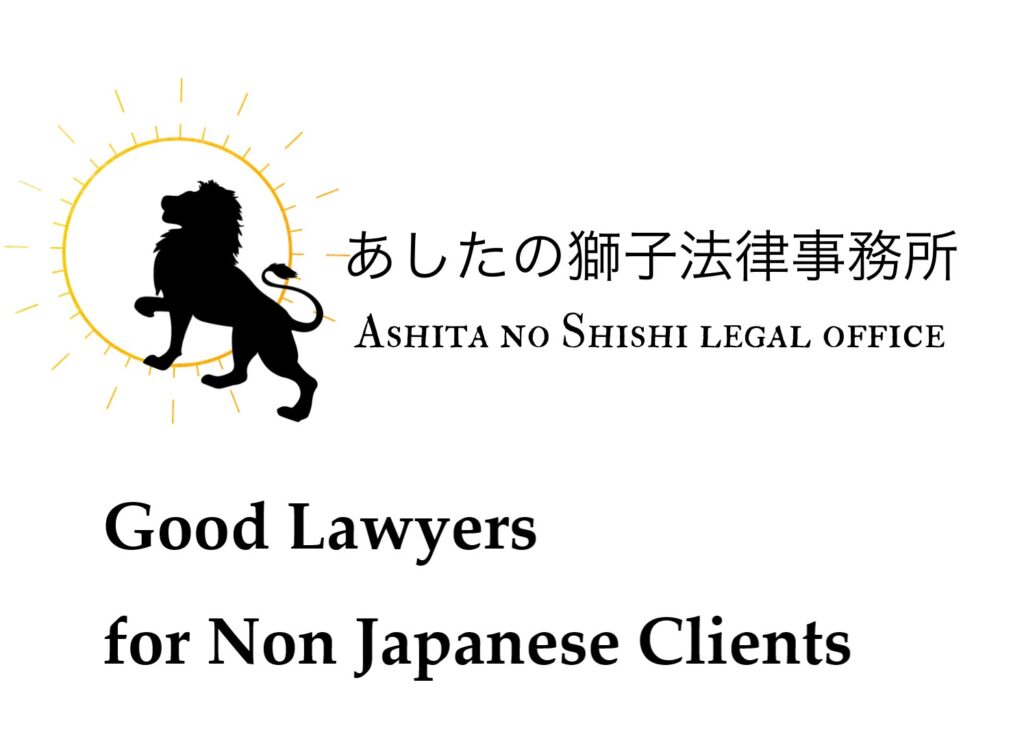My name is Matthew Boynton and I’m originally from the UK, but I’ve been living in Japan for about 16 years. I worked in the education sector for the first 10 years and was eventually the Head of Employment and Training at the company where I worked.

In 2017 I decided to make a bit of a career change though, and went to work as an apprentice brewer at Baird Brewing in Shizuoka. In 2019 I founded my own company, Sakamichi Brewing, along with my long-time cycling buddy Daniel Bellamy. We are located a short walk from Tachikawa Station in the west of Tokyo.
The reason why I set up a company in Japan
The reason why I set up a company in Japan is simple. After several years working as a brewer at Japanese craft beer breweries, I decided to go independent and set up my own brewery and taproom.
The first step on this road was for my business partner and I to found a company together.
Why I chose GK not KK
The first and simplest reason was that establishing a Godo Kaisha (“GK”) was cheaper than establishing a Kabushiki Kaisha (“KK”). As two non-Japanese guys working in a non-traditional sector, we weren’t really bothered by the idea of a KK having a more established history or any sense of greater credibility so it was hard to justify the increased cost.
Secondly, the GK corporate structure was a better fit for our needs. We planned to run the business as owner-operators and the financing was done without issuing any shares so the simpler structure of a GK suited us better. In addition, KKs are required to hold annual shareholder meetings and to publish their financial statements, which makes the compliance side of running a GK more straightforward.
https://highly-skilled-japan.com/2021/10/31/1629/
What is good about starting a company in Japan
This was the first time I had been through the process of establishing a company, so I don’t have a lot of experience to compare it with. However, it seemed to me that the whole process was reasonably fast and not that expensive.
In addition, we could find most of the information we needed about how to navigate the process online, including templates of the documents we needed to submit. Of course, doing the whole process by ourselves without any help from lawyers or other experts had its drawbacks, more about which below.
The final thing that surprised me was that Japanese residency was not required. Both my business partner and I are non-Japanese residents, but this didn’t seem to be any kind of hurdle. As long as we filled in the forms and completed the process as required, we were treated just as Japanese people would have been. I did have to register the official katakana reading of my name at my local town hall, but that was very quick and easy to do.
What is challenging and how you have overcome.
As I mentioned above, this was the first time I had established a company of any kind and we went through the whole process without any kind of outside help.
This, of course, meant that a reasonable level of Japanese was necessary. Reading and writing for preparing the necessary documents, and speaking and listening for dealing with the staff who processed them at the Legal Affairs Office. Though my conversational Japanese is okay, there were definitely times that Google Translate came in handy for some of the legal terminology.
The main take away from this point is that it is not possible to do this process in English or any language other than Japanese. You will either need to be able to communicate in Japanese or hire somebody that can.
The other thing that we learned about working with the Legal Affairs Office is that they will not give you any guidance about how to navigate the process of setting up a company.
I’m not sure if this is to avoid the possibility of legal action if bad advice is accidentally given or just a general principle of theirs, but it did lead to several additional frustrating resubmissions when we made some small mistake in our paperwork but the clerks at the office wouldn’t tell us what the correct way to fix them was. It ended up being a process of trial and error until we were able to satisfy them.
In addition, as I mentioned above, the fact that we were non-Japanese did not present a hurdle, but it’s possible that our non-Japanese names confused the clerks. At first, I had prepared the articles of incorporation and so on with our names written in the western order – first, middle, then last name – and the clerks told me that this would be fine. However, only after we had finished the submission of all of the documents did they come back to us and say that actually, the names needed to be written in the Japanese order, and so we had to resubmit everything again.
The other point that caused some confusion during application was that we needed a Japanese address in order to register the company – of course – but also we needed a registered company in order to be able to rent property in its name. One option would have been to use my home address to register the company, but even if we had gone back to change this later, the original address would still have been visible and I didn’t want that in a publicly searchable record.
The option that we went with instead was for me to rent our property privately at first, with an agreement that we could switch the contract over to being in the company name once it had been registered. Our landlords were very understanding to allow us to do this.











